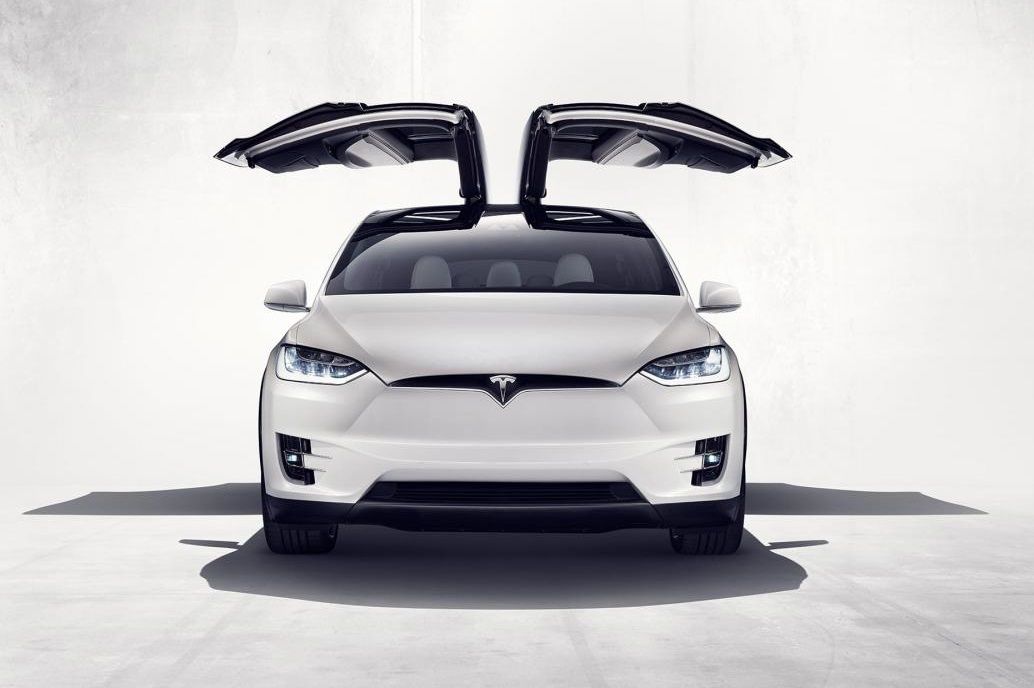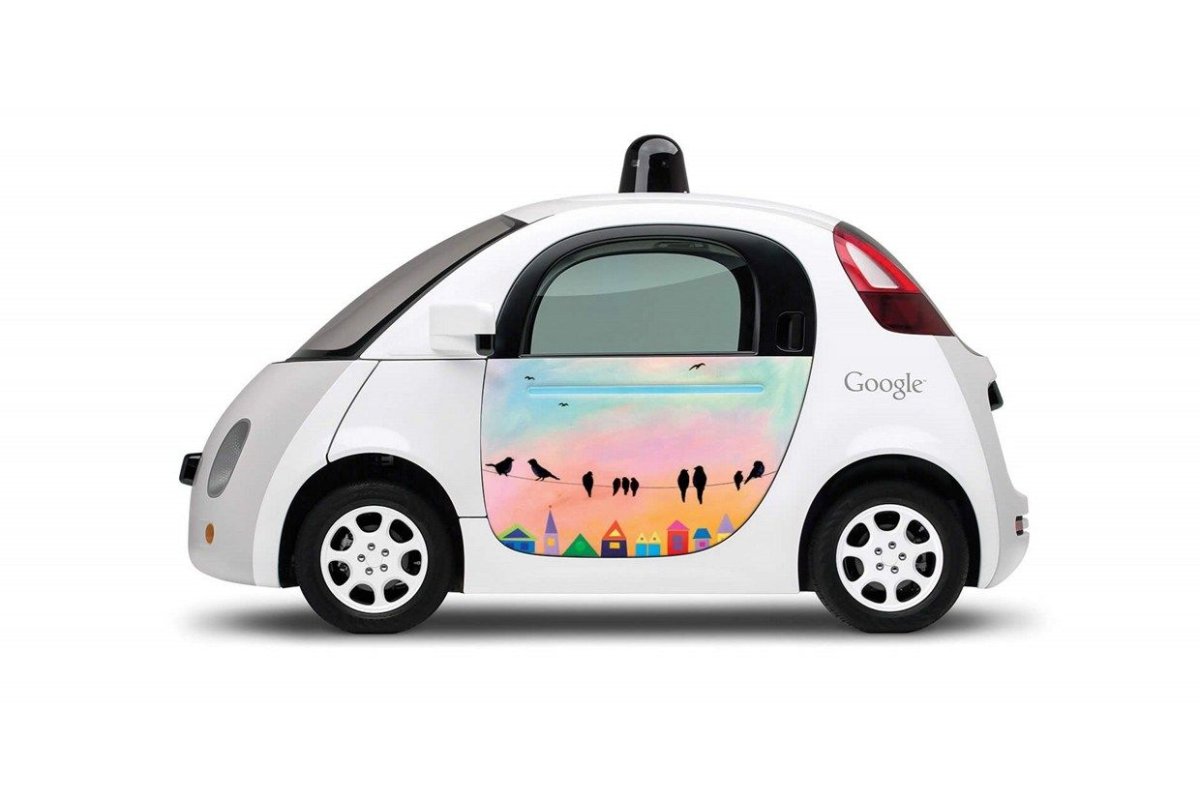
Seven self-driving car manufacturers have published data about potential accidents on public roads for the first time, revealing Tesla may be outperforming its rivals when it comes to safety.
Of the major autonomous developers, including Google and Delphi, Tesla was the only firm to report zero "disengagement" incidents —meaning a human driver never needed to take manual control of the vehicle for safety reasons.
Seven self-driving car manufacturers have published data about potential accidents on public roads for the first time, revealing Tesla may be outperforming its rivals when it comes to safety.

Of the major autonomous developers, including Google and Delphi, Tesla was the only firm to report zero "disengagement" incidents —meaning a human driver never needed to take manual control of the vehicle for safety reasons.
Manufacturers testing vehicles on public roads in California are required by law to report incidents to the state's Department of Motor Vehicles (DMV), forcing Bosch, Delphi, Google, Nissan, Mercedes, Tesla and Volkswagen to disclose test results.
Google's 32-page report detailed 15 months of tests, covering over 424,000 miles, during which time 341 significant disengagements were experienced. Subsequent computer simulations indicated 13 of those incidents would have resulted in a crash if a human had not taken control.
UK-based Delphi, which in April 2015 successfully demonstrated that an Audi Q5 could autonomously drive itself from San Francisco to New York, logged 405 disengagements during 16,662 miles of testing.
Google notes in the report's introduction that disengagements are a "critical" part of the testing process and allowing them to happen in order to record and analyze them is necessary to improve its algorithms.
"Our objective is not to minimize disengagements," Google's report states. "Rather it is to gather, while operating safely, as much data as possible to enable us to improve our self-driving system.
"As we continue to develop our technology, the rate of safety disengagements has fallen even as we drive more autonomous miles on public roads."
Fully self-driving cars are still illegal in California, although the U.S. state is working towards becoming one of the first places in the world to have a legal framework in place for the technology. Last month, a first draft of proposed regulations for the public use of autonomous vehicles was described by Google spokesperson Johnny Luu as "gravely disappointing."
The proposals, which may set a precedent for other U.S. states, require vehicles to have a steering wheel and brake pedal , neither of which feature in Google's two-button autonomous buggy.
Uncommon Knowledge
Newsweek is committed to challenging conventional wisdom and finding connections in the search for common ground.
Newsweek is committed to challenging conventional wisdom and finding connections in the search for common ground.
About the writer
Anthony Cuthbertson is a staff writer at Newsweek, based in London.
Anthony's awards include Digital Writer of the Year (Online ... Read more
To read how Newsweek uses AI as a newsroom tool, Click here.








